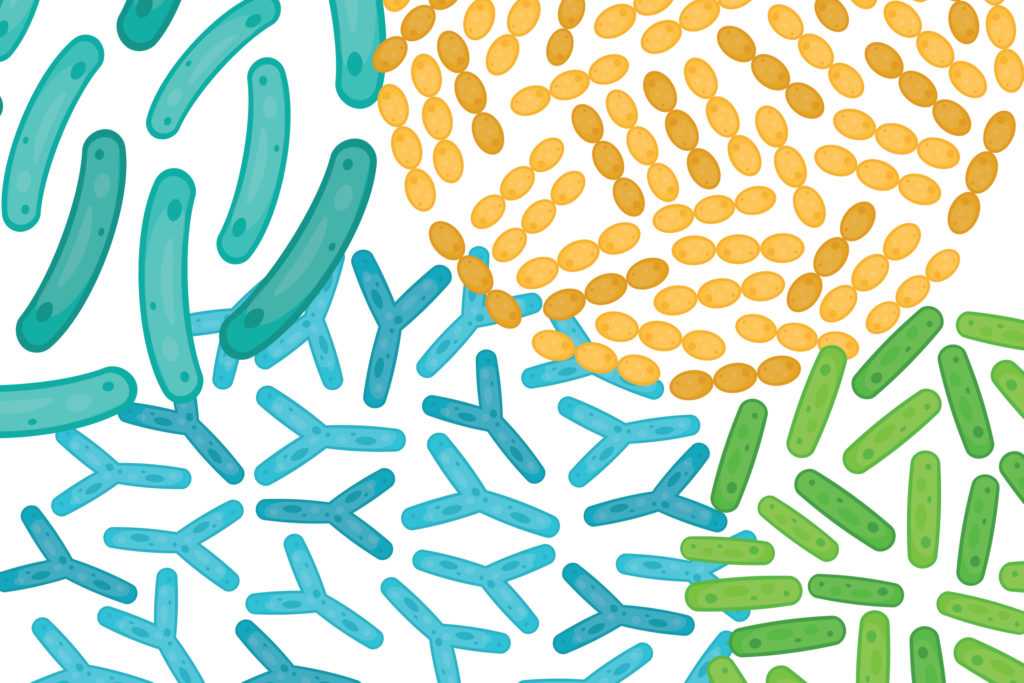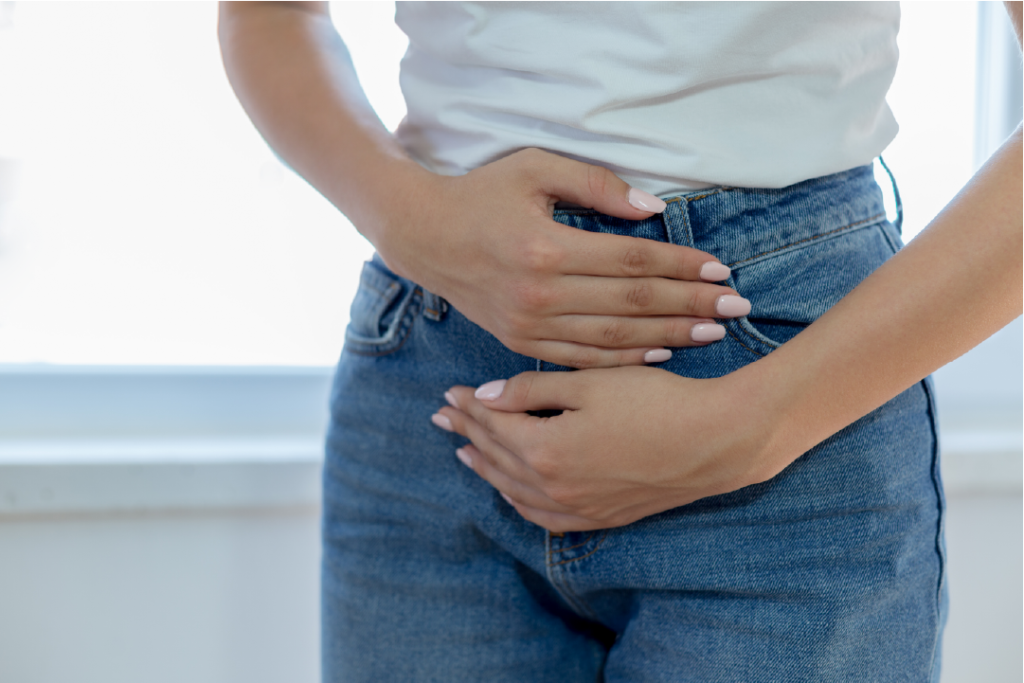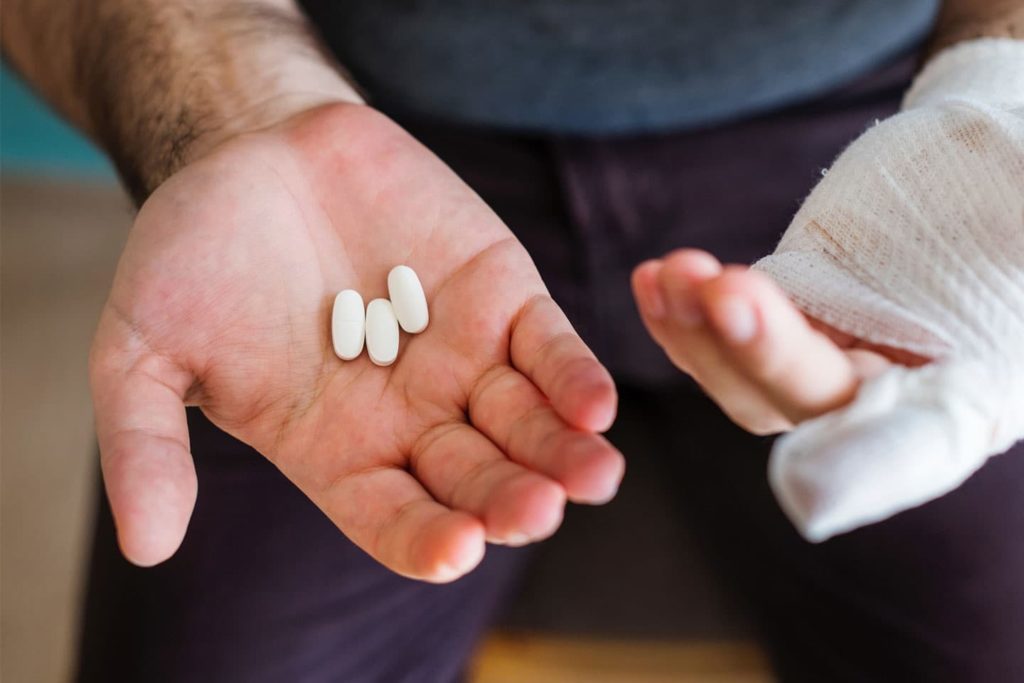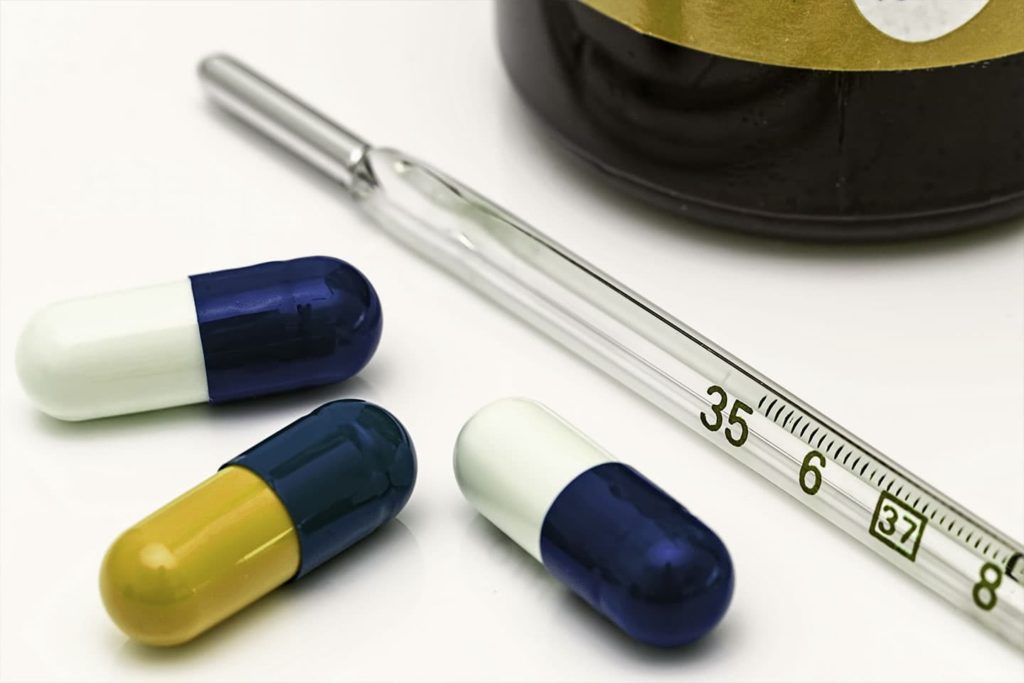Your Picky Eating Kid May Be Experiencing Constipation
Does your child experience constipation?
Like gas, constipation is a pretty common health issue, but another gut-related problem most people, especially kids, don’t like talking about.
More than 18 percent of toddlers and about 14 percent of kids ages 4-18 face problems with constipation, based on recent research.
Some signs your child has issues with chronic constipation — bowel movements occurring no more than twice a week or soiling (unintentional leakage of stool or liquid on the underwear) due to a buildup of stool — are pretty apparent.
Some less noticeable problems kids experience include:
- Pain in their stomach or while having a bowel movement.
- Hard-to-pass bowel movements.
- Holding in stools that can cause complications.
You may be surprised to learn your child’s picky eating habits could explain his/her constipation problems too.
Sensory issues
Underlying sensory issues experienced by preschool-age kids who are developing normally may be playing a key role in chronic constipation, according to a recent study appearing in The Journal of Pediatrics.
“In many cases, chronic constipation might be the first hint that the child also has some sensory issues and could benefit from occupational therapy,” says senior author Dr. Mark Fishbein, a pediatric gastroenterologist and associate professor at the Northwestern University Feinberg School of Medicine.
Dr. Fishbein and his team of scientists in Chicago and Miami compared the health of 66 children (ages 3-5) dealing with chronic constipation with an equal number of control subjects with no health issues.
Part of their attention focused on how picky eating showed up in how kids responded to sensory stimuli.
Researchers soon learned that a heightened sensitivity to tastes, odors and textures in foods was the most important factor in predicting a child’s tendency to avoid the bathroom or becoming constipated.
The link between sensory sensitivity and constipation may not be apparent to the naked eye, says Dr. Fishbein. “However, increased sensory sensitivity can create discomfort and lead to avoidance, and we see that response in both food refusal and in the toileting behaviors of children with chronic constipation.”
Because these sensory problems are really common among children, Dr. Fishbein warns that it’s best to address this issue when kids are young, ideally before age 5, before these behaviors become harder to solve.
What parents can do
Treating your child’s constipation will take some time, persistence and patience on your part, but there’s light at the end of the tunnel — literally — if you follow these tips:
- Monitor your child’s daily intake of water (give them more) and milk (give them less).
- Work with your daughter or son to make regular visits to the toilet (make it fun).
- Feed your child foods containing dietary fiber, especially fruits and veggies (more is better).
- Don’t overdo the dosage of any laxative suggested by your child’s pediatrician (too much can be dangerous).
Have you considered giving your child a probiotic for constipation too? A recent report featured in Frontiers in Cellular and Infection Microbiology found probiotics increased the number of times kids pooped each day, which goes a long way toward solving the constipation problem.
EndoMune Jr. Advanced Probiotic Powder (for children up to age 3) and EndoMune Jr. Advanced Chewable Probiotic (for children from ages 3-8) are multi-strain probiotics that contain four key strains of beneficial bacteria and a prebiotic that can work wonders in treating constipation.
Your Picky Eating Kid May Be Experiencing Constipation Read More »










